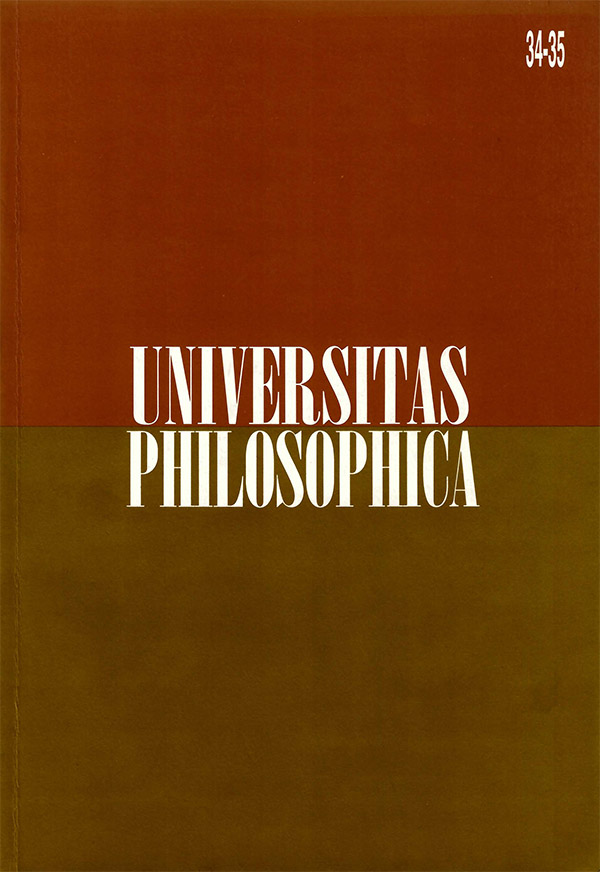Resumen
Este artículo pretende resaltar un elemento fundamental en la filosofía de Nietzsche que no ha recibido toda la atención que merece: el cuerpo como eje de la interpretación. Para lograrlo, armo el rompecabezas de los fragmentos póstumos y los escritos de madurez del filósofo de Röcken, y me ayudo de bibliografía complementaria que da fuerza a la tesis del escrito. Éste es un trabajo de interpretación personal minuciosamente fundamentado en los textos de Nietzsche, que busca llamar la atención sobre el olvido de lo que él mismo denominó el hilo conductor de su filosofía. Primero, me ocupo de la relación entre los conceptos de fuerza, valoración, máscara y perspectiva, lo que permite visualizar la raíz corporal de la creación de máscaras y apariencias, de la generación de valoraciones e interpretaciones. El vínculo de estos conceptos capitales en la propuesta nietzscheana posibilita, posteriormente, resaltar el sentido del cuerpo como hilo conductor y, finalmente, como "centro" desde el cual se implantan las interpretaciones.
Esta revista científica se encuentra registrada bajo la licencia Creative Commons Reconocimiento 4.0 Internacional. Por lo tanto, esta obra se puede reproducir, distribuir y comunicar públicamente en formato digital, siempre que se reconozca el nombre de los autores y a la Pontificia Universidad Javeriana. Se permite citar, adaptar, transformar, autoarchivar, republicar y crear a partir del material, para cualquier finalidad (incluso comercial), siempre que se reconozca adecuadamente la autoría, se proporcione un enlace a la obra original y se indique si se han realizado cambios. La Pontificia Universidad Javeriana no retiene los derechos sobre las obras publicadas y los contenidos son responsabilidad exclusiva de los autores, quienes conservan sus derechos morales, intelectuales, de privacidad y publicidad.
El aval sobre la intervención de la obra (revisión, corrección de estilo, traducción, diagramación) y su posterior divulgación se otorga mediante una licencia de uso y no a través de una cesión de derechos, lo que representa que la revista y la Pontificia Universidad Javeriana se eximen de cualquier responsabilidad que se pueda derivar de una mala práctica ética por parte de los autores. En consecuencia de la protección brindada por la licencia de uso, la revista no se encuentra en la obligación de publicar retractaciones o modificar la información ya publicada, a no ser que la errata surja del proceso de gestión editorial. La publicación de contenidos en esta revista no representa regalías para los contribuyentes.


